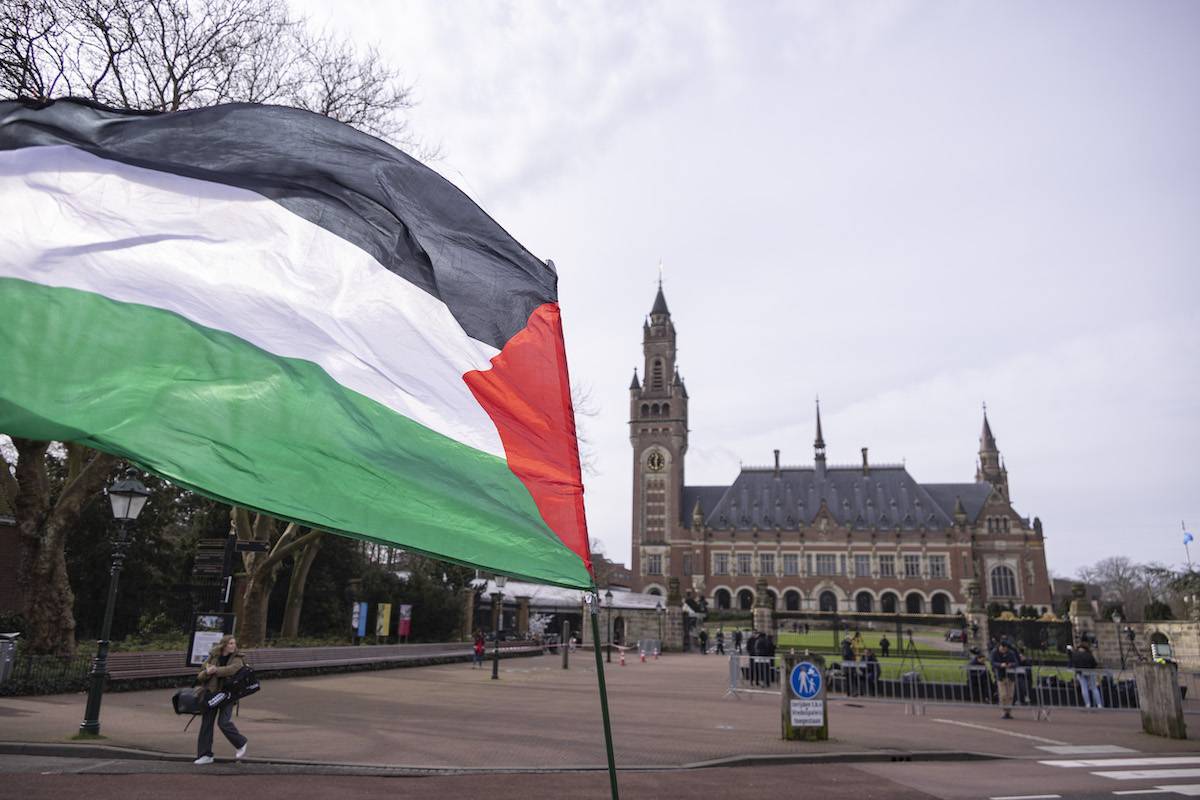Arrest warrants issued by international legal institutions continue to have serious repercussions on the Israeli occupation, as they represent another step in the global legal campaign against it. These courts may soon issue arrest warrants against more senior officials in the occupation army, which, if enacted, would be part of the broader legal actions opposing the occupation, including criminal complaints filed in various countries against its officers and soldiers for violations of international law.
While the United States, particularly under the newly re-elected President, Donald Trump, is making extensive efforts to thwart these international legal actions, the prevailing Israeli perception is that it will not be long before the effects of this legal war are felt as strongly as the battles in Gaza during the last war. This is due to the grave historical accusation now being directed at Israel; that it carried out a genocide against Palestinians.
Israel’s concern stems from the fact that international courts can inflict significant damage on the occupation and can create major difficulties for officials facing arrest warrants. These courts were established to act against individuals, not states, and they prosecute suspects accused of severe violations of international law, such as war crimes, crimes against humanity and genocide. They have the authority to issue arrest warrants against those suspected of violating the laws of war, compelling more than 120 countries that are signatories to the Rome Statute to enforce these warrants.
Arrest warrants issued by international judicial bodies pose a significant restriction on the movement of occupation leaders worldwide. If they set foot in countries such as Canada, Australia, Britain, Germany, or the Czech Republic, they could face arrest and be transferred to international courts that have detention centres in various capitals. This scenario was evident during the visit of Israeli Prime Minister Benjamin Netanyahu to Washington when he was forced to alter his flight route to avoid landing in a capital that had declared its commitment to executing the arrest warrant against him.
READ: Germany’s Merz invites Netanyahu for a visit, despite ICC arrest warrant
It is important to note that the personal threat to the freedom of these few officials is merely the tip of the iceberg in terms of the damage that the occupation state will suffer due to these arrest warrants. One of the indirect consequences could be that, just as international courts have previously issued arrest warrants against high-ranking officials in countries like Russia, Libya and the Central African Republic, the inclusion of Israel in this group would cause it to be classified among pariah states.
The issuance of arrest warrants against occupation officials would also lead to a cessation of cooperation with Israeli scientists and the freezing of arms sales where the occupation would suffer substantial losses. Consequently, the damage is expected to extend further, increasing the likelihood of criminal lawsuits being filed against Israelis involved in aggression against Palestinians in Gaza. This would expose many Israelis to prosecution in various countries, not just high-ranking officials.
![The ICC issues an arrest warrant for Israeli Prime Minister Benjamin Netanyahu as a result of Gaza genocide - Cartoon [Sabaaneh/MiddleEastMonitor]](https://i0.wp.com/www.middleeastmonitor.com/wp-content/uploads/2024/11/IMG_9530-scaled.jpg?resize=920%2C571&ssl=1)
The ICC issues an arrest warrant for Israeli Prime Minister Benjamin Netanyahu as a result of Gaza genocide – Cartoon [Sabaaneh/MiddleEastMonitor]
If the ICC demonstrates a willingness to prosecute Israelis by issuing arrest warrants, it would indicate a loss of confidence in Israel’s own investigative system, prompting other countries to follow suit. As a result, judicial systems in various European nations may struggle to withstand public pressure, potentially leading to a significant increase in cases filed against Israelis. Senior officers in the Israeli occupation army, as well as those holding dual nationality in high-ranking government positions, could face legal prosecution. The issuance of ICC arrest warrants is also influenced by the prevailing anti-occupation sentiment around the world.
This legal analysis underscores that if widespread international prosecution and boycotts against Israelis materialise, Israel will be forced to shift from theoretical discussions to practical realities. Many Israelis could find themselves in serious legal predicaments that could disrupt their lives, signalling the failure of US diplomatic and professional efforts at the ICC. Under a far-right Israeli government that despises diplomacy, this could result in the collapse of the coalition, or another war on Gaza to distract from the legal cases which are knocking on Israel’s door.
OPINION: Are the ICC arrest warrants the beginning of the end for Zionism?
The views expressed in this article belong to the author and do not necessarily reflect the editorial policy of Middle East Monitor.

![A view of banners placed at squares in Tehran, Iran on November 25, 2024, after ICC issued arrest warrants for Israeli PM Benjamin Netanyahu for war crimes and crimes against humanity in Gaza [Fatemeh Bahrami/Anadolu Agency]](https://i0.wp.com/www.middleeastmonitor.com/wp-content/uploads/2024/11/AA-20241125-36289069-36289063-IRAN_HANG_POSTERS_IN_TEHRAN_AFTER_ICCS_ARREST_WARRANTS_FOR_ISRAELS_NETANYAHU_AND_GALLANT.jpg?fit=920%2C613&ssl=1)







